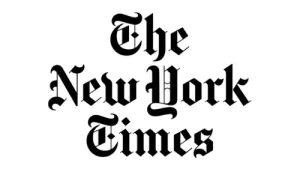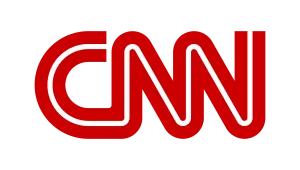Nicholas Burns
Roy and Barbara Goodman Family Professor of the Practice of Diplomacy and International Relations, Harvard Kennedy School
Former United States Ambassador to the People’s Republic of China
Member of the Board, Belfer Center
Faculty Affiliate, Fairbank Center for Chinese Studies
Professor Nicholas Burns is the Roy and Barbara Goodman Family Professor of the Practice of Diplomacy and International Relations at Harvard University’s Kennedy School of Government. He is the Founder and Faculty Chair of the Future of Diplomacy Project. He is also a Faculty Affiliate at Harvard’s Fairbank Center for Chinese Studies.
Burns served as the U.S. Ambassador to the People's Republic of China from 2021-2025, leading public servants from forty-eight U.S. government agencies at the U.S. mission to China in overseeing one of America's most important and challenging bilateral relationships. During his tenure, he helped to stabilize relations with Beijing while competing with China on military, technology, economic, and human rights issues.
Burns worked in the United States government for over three decades, serving six presidents and nine secretaries of state. As a career Foreign Service Officer, he was Under Secretary of State for Political Affairs from 2005 to 2008; the State Department’s third-ranking official when he led negotiations on the U.S.–India Civil Nuclear Agreement; a long-term military assistance agreement with Israel; and was the lead U.S. negotiator on Iran’s nuclear program. He was U.S. Ambassador to NATO (2001-2005) when the Alliance invoked Article 5 of the NATO Treaty on 9/11 in defense of the United States and embarked on military missions in Afghanistan and Iraq. Burns was the Ambassador to Greece (1997-2001) and State Department Spokesman (1995-1997). He worked for five years (1990–1995) on the National Security Council at the White House at the end of the Cold War where he was Senior Director for Russia, Ukraine and Eurasia Affairs and Special Assistant to President Clinton and Director for Soviet Affairs in the Administration of President George H.W. Bush. Burns also served in the American Consulate General in Jerusalem (1985-1987) where he coordinated U.S. economic assistance to the Palestinian people in the West Bank and before that, at the American embassies in Egypt (1983-1985) and Mauritania (1980 as an intern). He was a member of Secretary of State John Kerry’s Foreign Affairs Policy Board (2014-2017).
Professor Burns is Vice Chairman of the Cohen Group and Co-Chair of the Aspen Strategy Group and Aspen Security Forum. He is a member of the American Academy of Arts and Sciences, and the Council on Foreign Relations. He serves on the board of the Smithsonian’s National Museum of Asian Art, is a Fellow of the Massachusetts Historical Society, and is a life-long member of Red Sox Nation.
Professor Burns has received fifteen honorary degrees. Among his awards are: the Presidential Distinguished Service Award, the Secretary of State’s Distinguished Service Award, the Foreign Service Cup from the Diplomatic and Consular Officers Retired organization (2025), the Vandenberg Prize from the World Affairs Council of Western Michigan (2025), the Committee of 100 Leadership in Diplomacy Award (2024), the Aspen Strategy Group’s Leadership Award (2021), the Ignatian Award from Boston College (2017), the New Englander of the Year from the New England Council (2016), the Woodrow Wilson Award for Public Service from the Johns Hopkins University, the Boston College Alumni Achievement Award, and the Jean Mayer Global Citizenship Award from Tufts University. He has a BA in History from Boston College (1978), an MA in International Relations from the Johns Hopkins School of Advanced International Studies (1980) and he earned the Certificat Pratique de Langue Francaise at the University of Paris-Sorbonne (1977). He was a Visiting Scholar at the Woodrow Wilson Center for International Scholars in summer 2008. He is a proud graduate of Wellesley High School in Massachusetts (1974).







